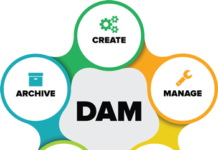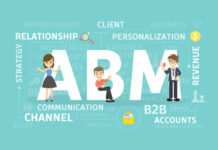According to Valoir’s latest study, The Future of Learning at Work, there is a big gap between what employees need and expect in terms of training and development and what their companies offer.
According to Valoir’s analysis, which is based on a survey of more than 1000 employees in North America and Europe, income is the second most important factor for employees to consider when choosing an employer, yet few firms actively encourage career growth.
The majority of businesses have not changed their training and learning techniques to meet the demands of employees in today’s hybrid work environment, despite the fact that employee experience is a significant topic and investment area for many firms, according to Rebecca Wettemann, CEO of Valoir.
Career Opportunities for Advancement
According to the research, money was the second most important factor for employees when selecting a company, right behind career progression chances. Except for those 65 and older and those between the ages of 18 and 24, who still placed it in the top three, all employees regarded it as a major priority, with virtually all placing it second to compensation.
Training
Few employers, according to Valoir, earn excellent grades for relevant training. Less than 20% of workers would give their company an “A” grade for offering career-advancing training, while more than one-third of workers claimed that their employer did not offer any training that helped them progress their careers.
Coaching & Mentoring
The top two ways that employees learn at work, in their opinion, are mentorship and coaching. Less than 2 out of 10 employees give their firm an “A” score for supporting mentorship and coaching, according to the research. A major enabler when in-office mentoring may not be possible is that less than half of the firms have any technology to assist with mentoring and coaching.
“Improving workers’ learning processes is essential to keeping them interested in their work and putting them in a position to succeed in their careers. According to Wettemann, leveraging technology to make ongoing education, coaching, and mentoring available to all employees may help with succession planning and enhance diversity, equality, and inclusion (DEI).










